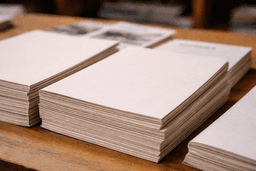
Behind The Correspondent's beat on how infancy shapes who we become
Irene Caselli on her “first 1000 days” beat, how to engage readers, and finding opportunities to rest
The Fix Newsletter
Everything you need to know about European media market every week in your inbox
10 articles • 0 Followers










